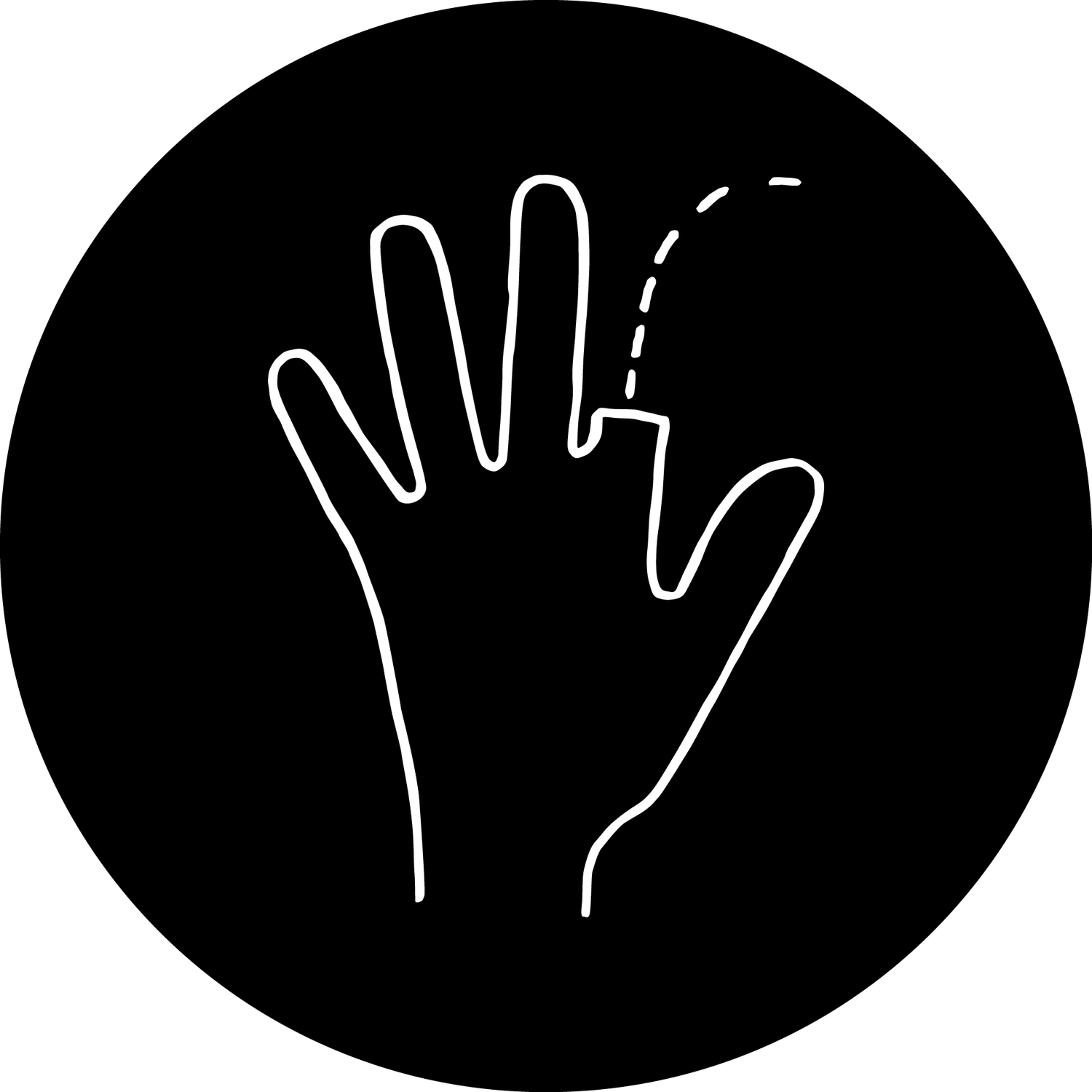Introducing our June Member of the Month, Katrīna Tračuma
Born in 1993 in Latvia, Katrīna Tračuma grew up traveling extensively throughout Europe as a member of a multicultural family. With Mongolian ancestry, she considers herself to be a citizen of the world and is fluent in Latvian, Polish, Russian and English. After completing her BA Honours Fine Art degree at CIT Crawford College of Art and Design in 2018, she received the Joan Clancy Gallery Prize for her degree show work titled "Fred, the unholy cow" and was awarded the Backwater Artist Residency and the Visual Arts Award at the Galway Fringe Festival that same year. As a professional member of Visual Artists Ireland, The Art of Compassion Project and Nua Collective (@nuacollective.ie) her work is in many private and public collections worldwide. While completing her MFA studies at Belfast School of Art, Ulster University in 2021 she has also had her first Solo Show, titled "Beasts" - at Studio 12 in Backwater Artists Group, Cork; which has been the first Animal Rights themed solo exhibition on the entire island of Ireland, and a first coming from a Latvian artist as well.
The prevailing theme in the work is human-kinds estrangement from nature, as viewed through the lens of our relationships with other species. While having a multidisciplinary practice – grounded in painting and drawing – attention is called to urgent matters of our current epoch of the anthropocene. Through the use of bold brush strokes, balanced with intricate details in a language of symbolic imagery and metaphors, bright pigments are utilised along with striking colour combinations. Staying true to an ethical environmental responsibility is an important aspect of the art making process, thus there is a complete abstinence from using virgin materials. While constantly reflecting on the sense of overwhelm and frustration felt in regards to our current impact on the environment and all fellow earthlings, found objects and plastic trash are transformed in inventive ways through a process termed plork: a combination of play and work.
Research includes animal rights literature, a variety of scientific journals and texts concerning zoology, biology and the psychology of compassion, as well as the concept of animality – a construct that oppresses anyone who deviates from what our culture considers to be an ideal human, and how this is an integral part of all of the oppression experienced under patriarchal rule. Within the context of art history, emphasis is placed on the process cantered practice of Robert Rauschenberg who embraced play with materiality and the use of found objects in his work. The work of animalière Rosa Bonheur – through skilful painting and realist sculpture – inspires to place utmost importance on sustaining a daily art practice, to continuously develop authentic observational skills.



